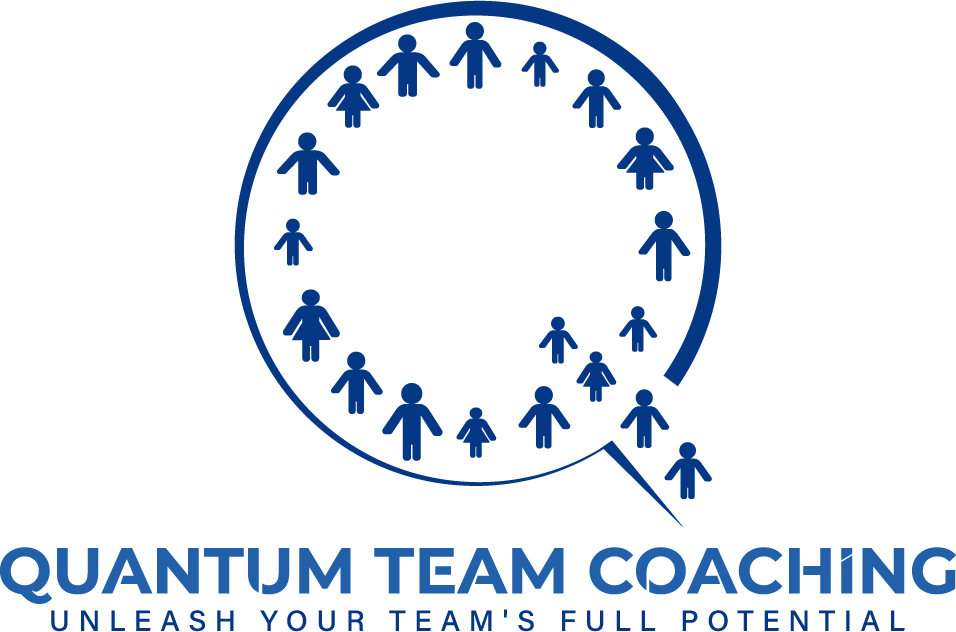In today’s competitive work environment, the success of a team is not just about technical expertise or knowledge—it’s about how well team members can collaborate, communicate, and adapt to challenges. This is where coaching focused on soft skills comes into play. Soft skills are the intangible qualities that enable teams to work together effectively, and coaching in these areas can profoundly impact a team’s performance and overall success.
The Importance of Soft Skills in Team Success
Soft skills, such as communication, planning, conflict resolution, motivation, and alignment with the team’s mission and values, are the glue that holds a team together. While technical skills are essential for getting the job done, soft skills determine how well a team can function as a cohesive unit. Without these skills, even the most talented teams can struggle with miscommunication, conflicts, and a lack of direction.
The Coaching Process: A Tailored Approach
Every successful coaching intervention begins with a thorough understanding of the team’s current dynamics and needs. This process typically starts with a meeting between the coach and the team’s sponsor, followed by a survey distributed to team members. These initial steps are crucial for identifying the specific soft skills that require development within the team.
Once the coach has gathered insights from the sponsor and team members, they can tailor the coaching approach to address the most pressing needs. While certain areas like communication, planning, conflict resolution, motivation, and alignment with the team’s mission and vision are universally beneficial, the coach will prioritize interventions based on the unique challenges and goals of the team.
Key Areas of Focus in Soft Skills Coaching
- Communication: Effective communication is the foundation of any successful team. Coaching in this area focuses on improving how team members share information, listen to each other, and provide feedback. Enhanced communication skills lead to fewer misunderstandings, clearer expectations, and more productive discussions.
- Planning: Strategic planning is essential for achieving team goals. Coaching in planning helps teams develop the ability to set clear objectives, prioritize tasks, and allocate resources efficiently. This ensures that the team stays focused and aligned with its overall mission.
- Conflict Resolution: Conflicts are inevitable in any team, but how they are managed can significantly impact the team’s success. Coaching in conflict resolution equips team members with the skills to address disagreements constructively, turning potential roadblocks into opportunities for growth.
- Values Alignment: A team that shares a common set of values is more likely to work together harmoniously and stay motivated. Coaching in this area helps teams understand and align with the organization’s values, creating a strong sense of purpose and unity.
- Motivation: Keeping a team motivated is key to sustaining high performance. Coaching in motivation focuses on identifying what drives each team member and creating an environment that fosters enthusiasm and commitment.
- Mission & Vision: A clear understanding of the team’s mission and vision is crucial for maintaining direction and focus. Coaching helps teams connect their daily tasks with the broader goals of the organization, ensuring that everyone is working toward the same objectives.
The Benefits of Multiple Interventions
Team coaching is not a one-time event but an ongoing process that involves multiple interventions over time. These interventions allow the team to continuously develop and refine their soft skills, leading to sustained improvements in performance and collaboration.
Each intervention builds on the previous one, creating a cumulative effect that strengthens the team’s overall dynamics. As the team members become more adept at communicating, planning, resolving conflicts, and staying motivated, they are better equipped to handle challenges and achieve their goals.
Start Your Team’s Journey to Success
Investing in soft skills coaching is one of the most effective ways to ensure your team’s success. By focusing on the areas that truly matter—communication, planning, conflict resolution, values alignment, motivation, and mission & vision—your team can reach new heights of performance and productivity. Don’t wait to start your team’s journey toward success. The sooner you begin, the sooner you will see the transformative effects of soft skills coaching on your team’s dynamics and outcomes.
In conclusion, coaching that focuses on soft skills is not just a nice-to-have; it’s a necessity for any team looking to achieve long-term success. By tailoring the coaching process to address the unique needs of your team, you can create a work environment where collaboration thrives, conflicts are resolved constructively, and everyone is aligned with the team’s mission and values. Start today, and empower your team to reach its full potential.






